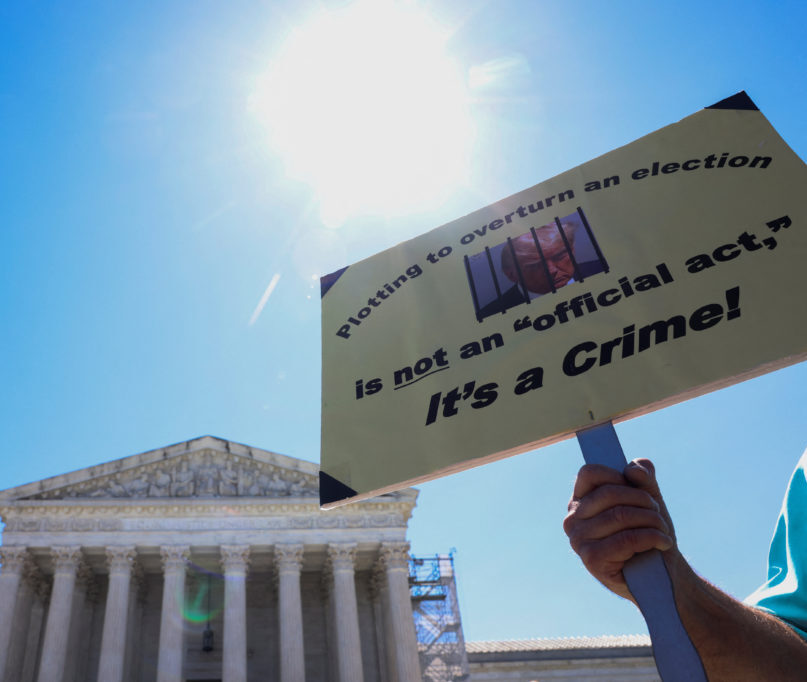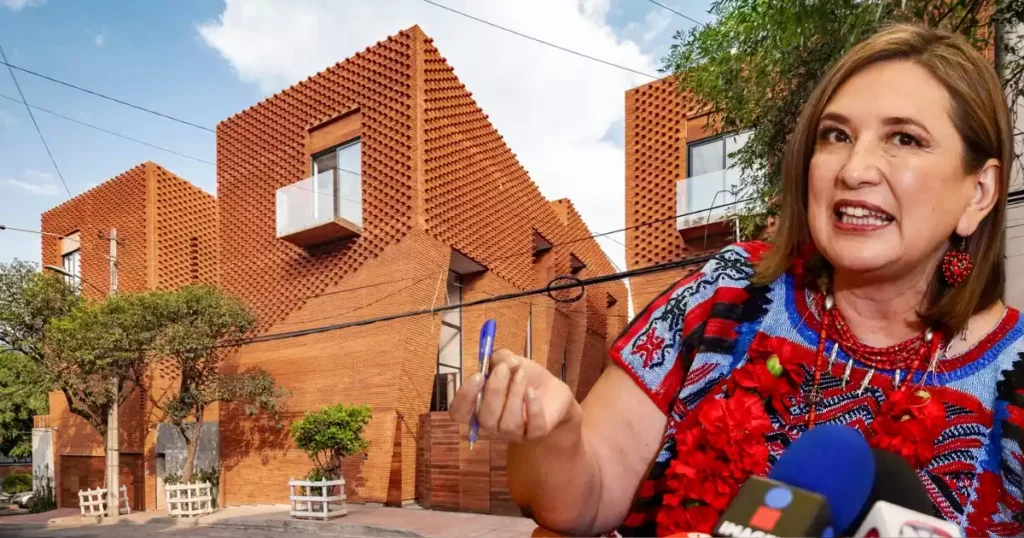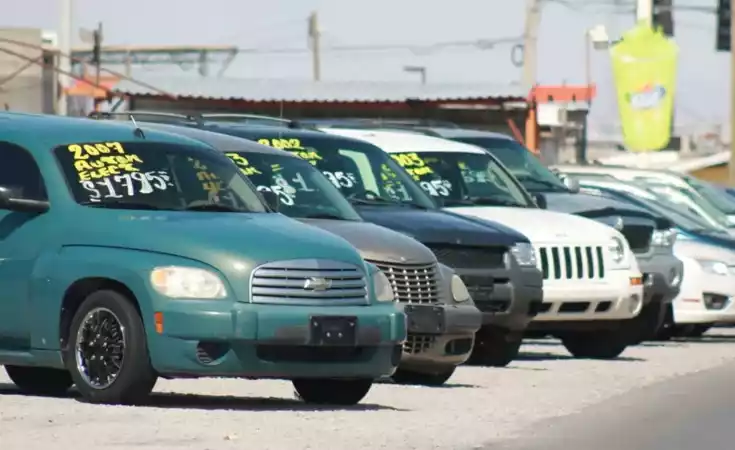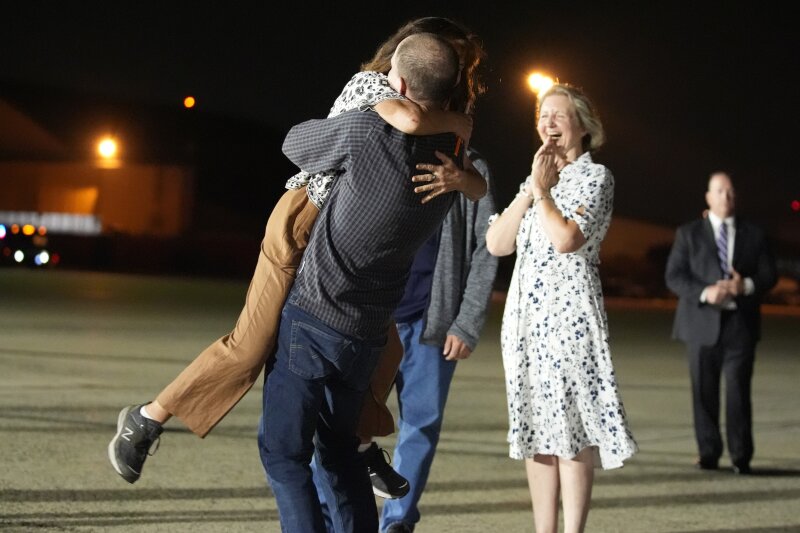How the Supreme Court immunity ruling looks like

A Supreme Court immunity ruling offers Donald Trump a guarantee of freedom if he wins the election; or at least, that’s how it reads according to the Monday, July 1, 2024 ruling.
With its Monday Supreme Court immunity ruling, the U.S. Supreme Court.
In so doing, it granted former President Donald Trump’s wish to all but guarantee that his criminal prosecution for attempting to overturn the 2020 presidential election will not go to trial before the 2024 election in November.
This controversial Supreme Court immunity ruling also grants presidents in general a definitive “absolute immunity” from prosecution for basic official acts and said presidents should be presumed immune for a much broader list of acts.
In the view of the majority composed of the court’s six conservative justices, the decision does not place presidents in general, and Trump in particular, above the law.
But the three liberals dissented with a warning about how the elevation of a president will affect American democracy, making clear their rejection of the Supreme Court’s immunity ruling.
The decision has the short-term result of delaying Trump’s trial while a Washington court considers what criminal activity Trump is accused of can be considered “unofficial.”
It also has the long-term effect of placing the president in a different system of justice than the rest of Americans.

How the Supreme Court immunity ruling looks like.
Chief Justice John Roberts explains in the majority opinion that it includes absolute immunity for some actions and a presumption of immunity for others.
“We conclude that, under our constitutional structure of separated powers, the nature of presidential power requires that a former president enjoy some criminal immunity for official acts committed while in office. At least with respect to the president’s exercise of his principal constitutional powers, this immunity must be absolute. As to the rest of his official acts, he is also entitled to immunity. At the present stage of the proceedings in this case, however, we need not and do not decide whether that immunity must be absolute, or instead whether a presumptive immunity is sufficient,” the Supreme Court justice specified.
READ MORE: THE NEW YORK CALLS ON JOE BIDEN TO STEP DOWN
According to the immunity ruling of the Supreme Court, this is because it raises the courage as president, and he can take action without the fear of later prosecution clouding his trial.
Potential criminal liability, and the peculiar public opprobrium that accompanies criminal proceedings, are clearly more likely to distort presidential decision-making than the potential payment of civil damages.
The hesitancy to execute the duties of his office fearlessly and fairly that could result when a president is making decisions under “a cloak of potential prosecution,” … poses “unique risks to the effective functioning of Government.”
But, accordingly, they remand to the District Court to determine in the first instance, with the benefit of information we lack, whether Trump’s conduct in this area qualifies as official or unofficial.
CNN






